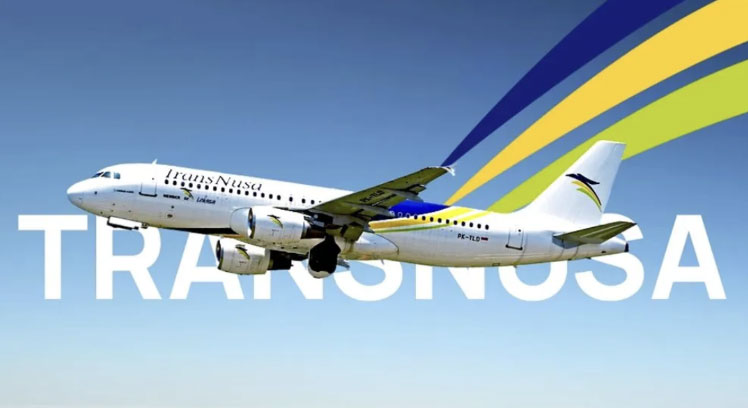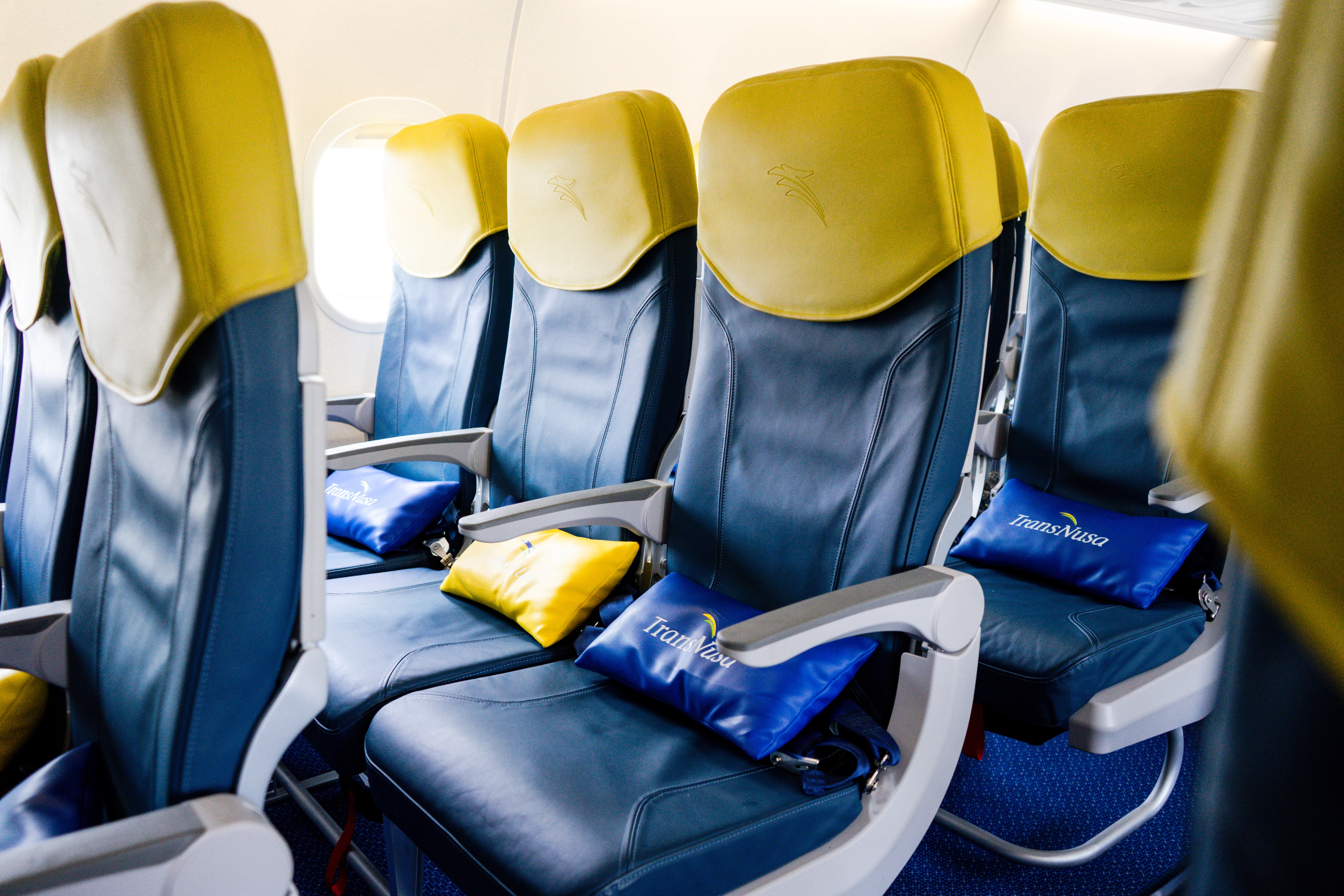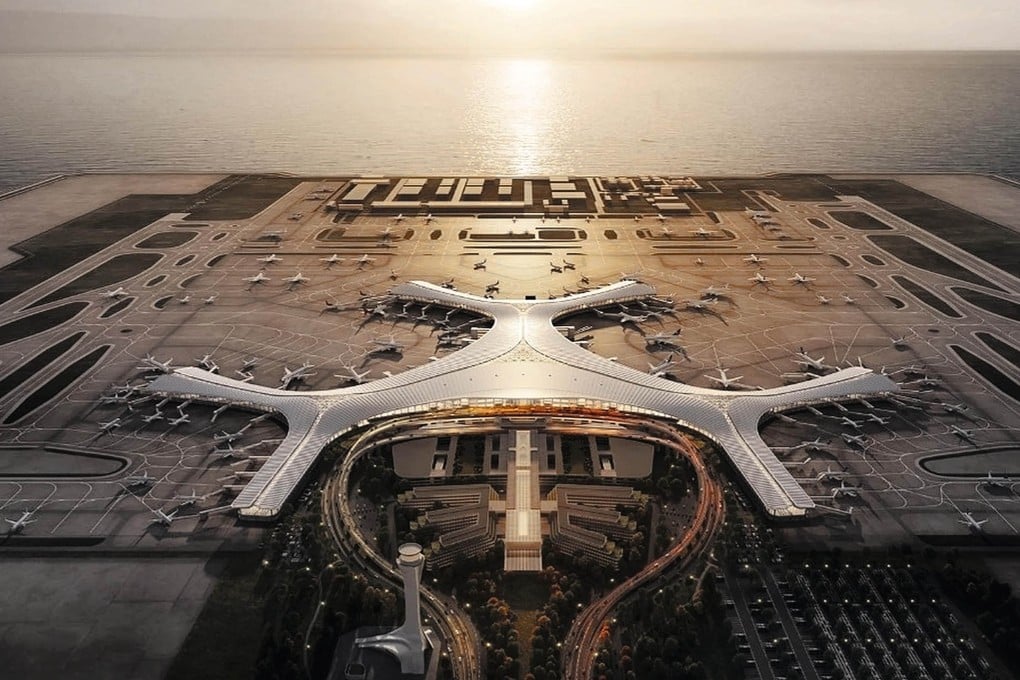The Airline I Wouldn't Pick To Bali
19 January, 2025
3 min read
Sharon Petersen
By joining our newsletter, you agree to our Privacy Policy


An Opinion Piece
On the Perth-to-Bali route, customers have a number of low-cost carrier options, and from March, there will be another. However, the new airline, which will start flying the route on March 20, is the one airline I wouldn't fly to Bali.
While flying is by far the safest form of transport, TransNusa is one airline I would not choose to fly with to Bali over other options, despite the attractive price, and here’s why.
One concern is that TransNusa lacks the IOSA (IATA Operational Safety Audit) certification. Airlines on the IOSA registry consistently outperform non-registered counterparts in safety metrics. Since 2005, the all-accident rate for IOSA-certified airlines is 1.40 per million sectors, compared to 3.49 per million sectors for non-IOSA airlines*. In 2022, IOSA-registered carriers outperformed those not on the registry by a factor of four (0.70 accidents per million sectors vs. 2.82 accidents per million sectors). This success has prompted a call for more regulators to incorporate IOSA into safety oversight programs, emphasizing its global significance.
Among Indonesian airlines, Garuda Indonesia, AirAsia Indonesia, Batik Air, Lion Air, and Wings Air are IOSA-certified. Citilink, owned by Garuda Indonesia, also falls under this umbrella. Notably, AirAsia, which experienced a tragic accident in 2014, was not IOSA-certified at the time. Today, they have significantly improved safety standards, so much so that AirAsia has once again made AirlineRatings’ World’s Safest Low-Cost Carrier list for 2025.

Another factor to consider is the age of TransNusa’s fleet. Their Airbus A320s average nearly 19 years, and the A321s over 20 years. Fleet age alone is not a definitive measure of safety at all but maintenance quality plays a critical role and older planes often require more frequent and meticulous upkeep. This makes fleet age a factor for consideration.
Following on from the point above, with more frequent maintenance likely required, Transnusa’s fleet size is also a concern. TransNusa operates a total of seven aircraft, with only five allocated for this route. A limited fleet size can lead to operational challenges. If an aircraft experiences technical issues, there is little backup capacity, potentially resulting in cancellations or lengthy delays.

That said, TransNusa’s track record in terms of accidents and incidents is solid and among the best in Indonesia. Being a small airline, you would hope the incident rate was negligible—and it certainly is.
Ultimately, while TransNusa may be an affordable new option for the Perth-Bali route, its lack of IOSA certification, aging fleet, and limited operational flexibility make it a less appealing choice for this author than the other established airlines on the route. Am I saying they are unsafe? No, but given there is a choice I would at this time choose another airline over Transnusa.
*These figures do not take in to account the recent Jeju Air and Azerbaijan Airlines Crash. Both these airlines are IOSA certified. The definitive causes of the crash and resulting fatalities has not yet been revealed and will likely take some time.
Get the latest news and updates straight to your inbox
No spam, no hassle, no fuss, just airline news direct to you.
By joining our newsletter, you agree to our Privacy Policy
Find us on social media
Comments
No comments yet, be the first to write one.
